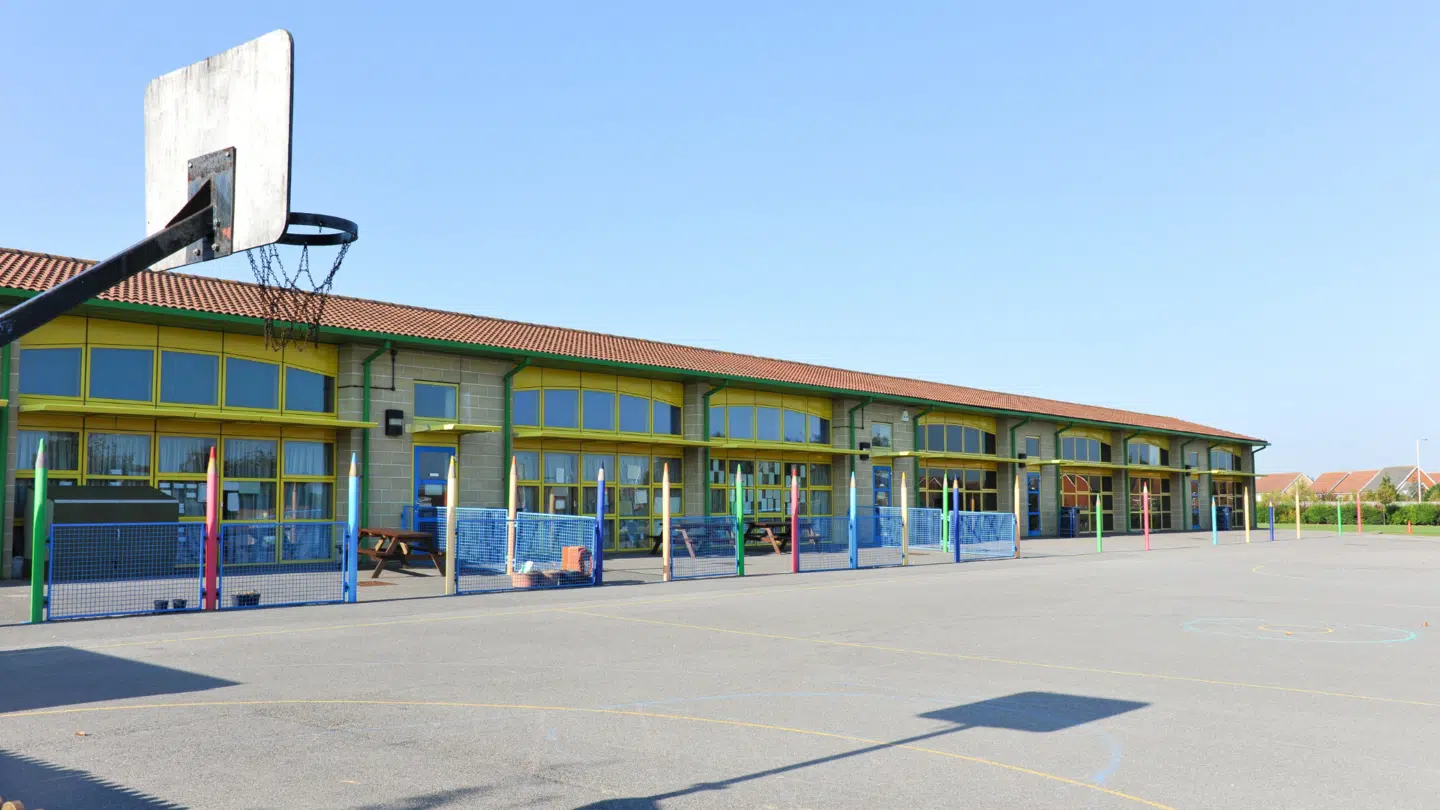By Ben Newmark
Many years ago, for reasons I won’t go into, a department I worked in more than halved in size after the late and unexpected resignation of several colleagues.
It was a frightening time for those of us left.
How could we teach the curriculum? How would we manage the large number of non-specialists and supply teachers? How would we collaboratively plan? Could we cope?
September was not pleasant. All the things we’d thought would be tough were tough, and lots of other problems arose that we hadn’t even considered.
But we got through it, and it wasn’t all bad. In many ways it turned out to be a good year; the sort we still talk about. It was hard, but it felt meaningful and there have been few teams I’ve more appreciated being part of.
The pressure taught us that whatever our strengths and weaknesses, we still needed each other, and we needed each other to be OK. It also revealed our values: hard work, determination, kindness, and an almost savage protectiveness of each other.
Being part of the A-Team
I don’t think my experience is unusual. When people in all walks of life remember the best times of their working lives, being part of a close team is a common feature.
I’ve been struck, looking at data from School Surveys reports, at just how important teams are. In school report after school report, teachers appreciate, praise and affirm their teammates. Teacher Tapp data shows that over 75% of primary and secondary teachers report feeling appreciated by their colleagues and over a third of teachers (38%) say they can always count on colleagues when times are tough.
At secondary there’s positivity about subject teams. Over 90% report strong working relationships in their departments and 85% say their team has created a good environment for new teachers.
Teachers tend to be more positive about each other than they are about their leaders and governance, though.
For the record: this does not necessarily mean leaders are doing a bad job.
Most humans are social animals and it’s inevitable they’ll feel stronger about those they work closest with the most. Leadership means more compromises and requiring people to implement decisions they might not always agree with. In these circumstances, universal approval is unrealistic.
Nonetheless, leaders should recognise the importance of the smaller teams that make up their schools if they want to make it a place in which people want to work. And, if leaders aren’t careful, they can undermine it…
Sometimes the team IS the school
For lots of teachers, the school they work in is their small team. It’s who they talk to most. It’s who they socialise with outside school. These are the people they’ve celebrated with when life has been good and those who’ve picked them up when in dreadful times they’ve doubted their capacity to carry on at all. Their teammates are their friends.
While senior leaders rightly and understandably want teachers to feel loyalty to the whole school, they should remember in many contexts the bonds within teams will be stronger. This makes anything that puts whole school identity in opposition to team identity very risky.
While some degree of uniformity is necessary, and indeed desired, by teachers – especially around things like routines and behaviour – subsuming the individual character of different teams to the more intangible larger school identity runs the risk of leaving these teams without a fundamental sense of self at all.
This can happen when schools or trusts assume a central corporate identity is more important than that of smaller teams and so ride roughshod over them.
For example, replacing a department’s long standing annual award ceremony with a whole school one could be damaging if the whole school ceremony is valued less by students and teachers than the departmental one. These special ways of doing things – this is the stuff of real identity and failing to understand this and destroying them – even by accident – can very easily create a depressing vacuum. At worst this sort of thinking could a result in the total obliteration of everything that makes a team or school a distinct thing at all.
How can teams flourish?
Instead of top-down solutions, it may be better for leaders to help small teams develop their own cultures, but ones that are healthier than the example at the start of this post.
What does that look like? Small things help. Thinking of teams as distinct entities – and talking about them as such. Giving more time to departments on INSET days. Or maybe even relaxing whole school teaching policies so that teams can develop their own, and trusting subject areas to implement a curriculum that’s an expression of their values and beliefs rather than forcing one on them from outside?
In doing so, the aim is not a navy of identikit and uniform battle ships but a flotilla of small boats – distinct and proud of their differences, purposefully bobbing their way towards a shared destination.
Relinquishing such control may be scary, but it’s not an argument for a wholescale roll-back of leadership and widespread libertarianism. A degree of standardisation is necessary. But the data shows that teachers strongly value their teams. If schools want loyal staff, happy to work for them for years and years, with all the benefits such stability brings, then it also makes sense to grow and nurture proudly diverse and distinct teams that allow expression among their individual members.
If you would like to learn more about whether your staff feel appreciated, check out SchoolSurveys.com – our tool for checking how staff, pupils and parents feel about issues compared to national averages.
Ben Newmark is a practising history teacher and senior leader. He has been teaching for twenty years.



